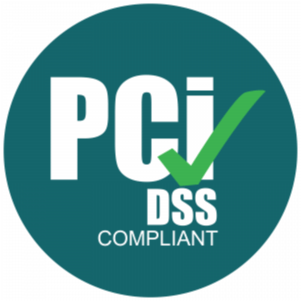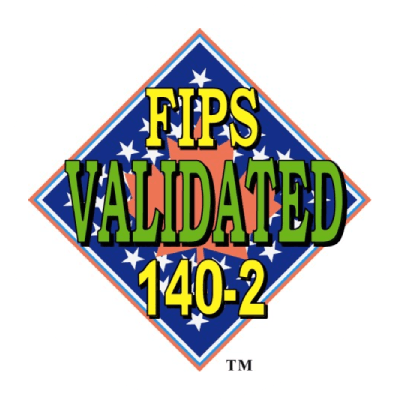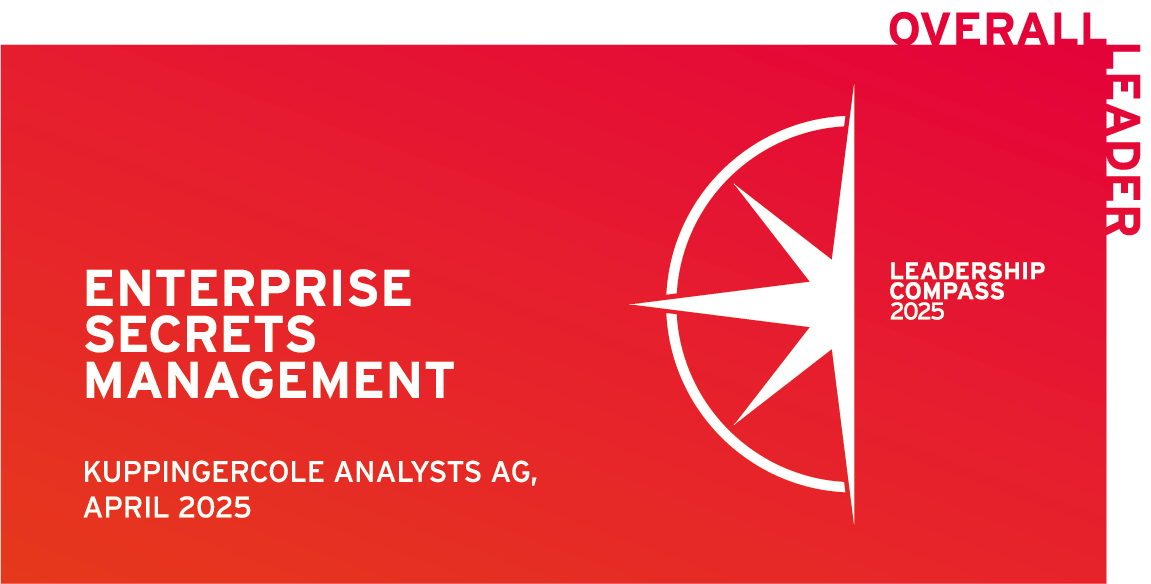Posted by Alon Bar
September 30, 2025
Summary:
Managing digital certificates, secrets, and encryption keys is more complex than ever. In the debate of Akeyless vs Keyfactor, the key difference is scope: Keyfactor specializes in certificate lifecycle management, while Akeyless delivers a unified SaaS platform combining CLM, secrets management, and Zero-Knowledge security. For most organizations seeking Keyfactor alternatives, Akeyless offers broader coverage, lower risk, and fewer tools to manage.
Evaluating Certificate Lifecycle Management Platforms
As enterprises grow across hybrid and multi-cloud environments, managing certificates, secrets, and encryption keys becomes increasingly complex. Certificate Lifecycle Management (CLM) is no longer just about automating renewals, it’s a core pillar of identity security for machines, humans, and AI agents.
Keyfactor delivers CLM through a modular, integration-heavy approach. In contrast, Akeyless brings a fully unified platform that combines CLM with built-in secrets management, encryption key management, and Zero-Knowledge security, all through one control plane and API.
Unifying Identity Security: More Than Just Certificate Lifecycle Management
Digital certificates are foundational to trust, but they’re only part of the picture. Managing them in isolation from secrets, keys, and policies leads to complexity, security silos, and unnecessary costs.
Keyfactor’s architecture often requires organizations to deploy and integrate external tools for secrets management and KMS functionality. Meanwhile, Akeyless natively includes these capabilities, removing integration burdens and reducing operational overhead.
With Akeyless, teams manage everything from a single UI and API: Secrets, Certificates, Encryption keys, and Just-in-time access.
This unified experience boosts developer productivity, simplifies operations, and strengthens machine identity security end-to-end.
Security by Design: Zero-Knowledge Matters
Akeyless employs a Zero-Knowledge architecture that sets it apart from Keyfactor and other alternatives. Built on patented Distributed Fragments Cryptography (DFC™), Akeyless ensures that encryption keys are never fully visible to anyone, not even itself.
Keyfactor, relies on a traditional HSM-based security model, but does not provide Zero-Knowledge guarantees. That’s a critical difference in regulated industries where control over key material is non-negotiable.
Zero-Knowledge Security Architecture
Security is where Akeyless truly sets itself apart. With its patented Distributed Fragments Cryptography (DFC™), Akeyless ensures no single entity, not even itself, has access to the full key material. This Zero-Knowledge model guarantees that sensitive secrets and cryptographic keys are always under the customer’s control, even in a SaaS environment. AppViewX, while effective in certificate issuance, relies on more conventional security models, with no Zero-Knowledge protection or customer-controlled key fragments.
Why Teams Prefer Akeyless for Certificate Lifecycle Management
- Built-in KMS & Secrets Management: No integrations required, no need to manage separate products.
- Zero-Knowledge Security: Sensitive keys and secrets are always under customer control, even in SaaS environments.
- Unified SaaS Platform: Manage certificates, secrets, policies, and encryption from one place.
- Cloud-Native Automation: Akeyless supports ACMEv2, automated provisioning/renewal, and secure key storage with FIPS 140-2 Level 3 HSMs.
- Future-Proof Encryption: Post-quantum ready via hybrid TLS 1.3 (X25519 + ML-KEM768).
Comparison Table: Akeyless vs. Keyfactor
| Feature | Keyfactor | Akeyless |
| Core Functionality | Modular CLM | Unified SaaS platform with CLM, KMS, Secrets |
| Certificate Types | Public, Private, Multi-domain, Code Signing | Public, Private, Multi-domain, Code Signing |
| Authentication | SAML, LDAP, API Key, OAuth | SAML, LDAP, API Key, OAuth Plus AWS IAM, GCP IAM, Azure AD, Oracle IAM |
| Provisioning & Renewal | Manual or Automated | Cloud-native automation across AWS, Azure, GCP |
| Revocation | Supported | Supported |
| ACME Support | Yes | Yes |
| PKI Services | Requires CA integration | Built-in issuing CAs |
| FIPS 140-2 L3 HSMs | Yes | Yes |
| Secrets Management | External required | Built-in |
| Built-in KMS | Requires integration | Included |
| Certificate Discovery | Yes | Q4 2025 (Public, Private, Cloud, Scheduled) |
| Security Architecture | API-based | Zero-Knowledge, DFC |
| Pricing | Enterprise licenses (quote-based) | SaaS subscription (quote-based) |
Verdict: Akeyless Is the Leading Keyfactor Alternative
Keyfactor remains a strong CLM solution, but as enterprises seek Keyfactor alternatives, Akeyless emerges as the more complete choice. Keyfactor operates primarily in the CLM and PKI silo. Akeyless goes further: it unifies CLM, secrets management, KMS, and access policies in one SaaS-native platform. Moreover, its Zero-Knowledge architecture, post-quantum readiness, and deep multi-cloud integrations ensure security that scales with modern infrastructure.
With Akeyless, organizations streamline security operations, reduce risk, and gain the agility to adapt quickly as infrastructure, threats, and compliance requirements evolve.
Next Steps
Modernize your CLM and identity security strategy with Akeyless. Unify certificate management, secrets, and KMS in one cloud-native, Zero-Knowledge platform. Request a demo today.
FAQs
Yes. Akeyless supports public, private, multi-domain, and code-signing certificates.
Absolutely. Akeyless provides PKI services, ACME support, FIPS-compliant HSMs, and full CLM capabilities natively.
Both secrets management and encryption key management are included in the same SaaS platform, no third-party integrations required.
Akeyless uses a Zero-Knowledge architecture with DFC™, meaning no entity can ever access full key material, not even Akeyless.
Akeyless supports hybrid TLS 1.3 encryption with ML-KEM768, preparing organizations for post-quantum cryptography requirements.













